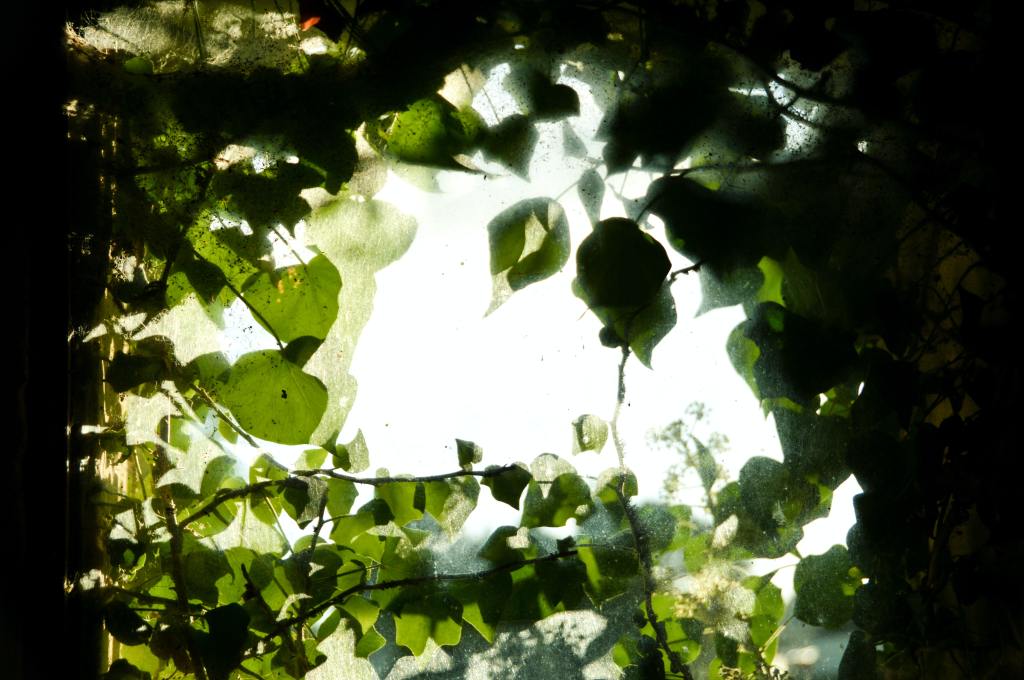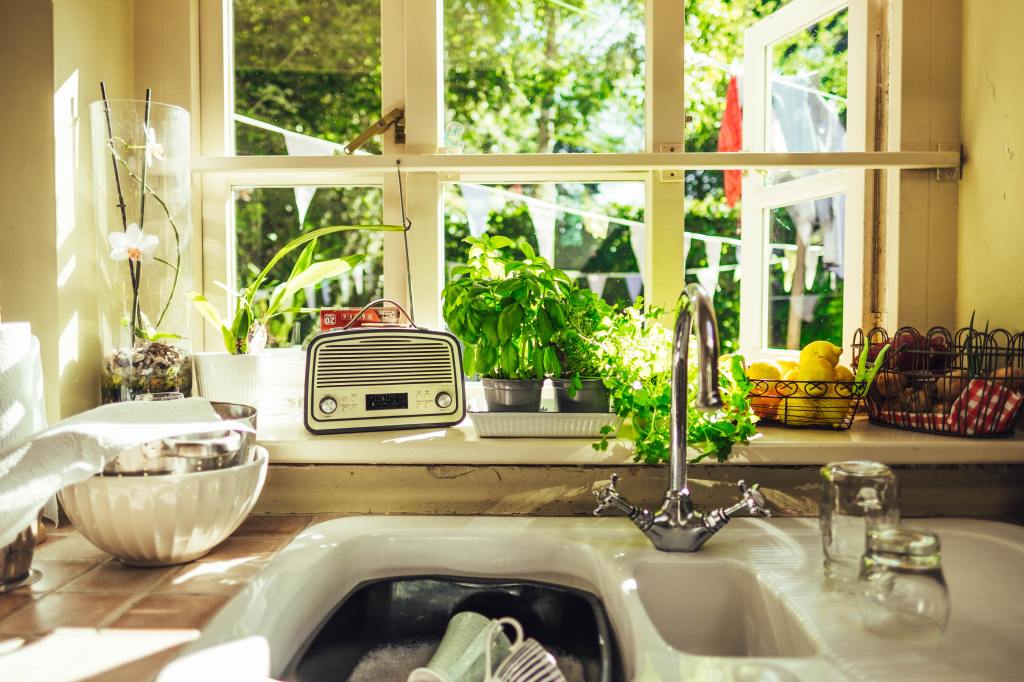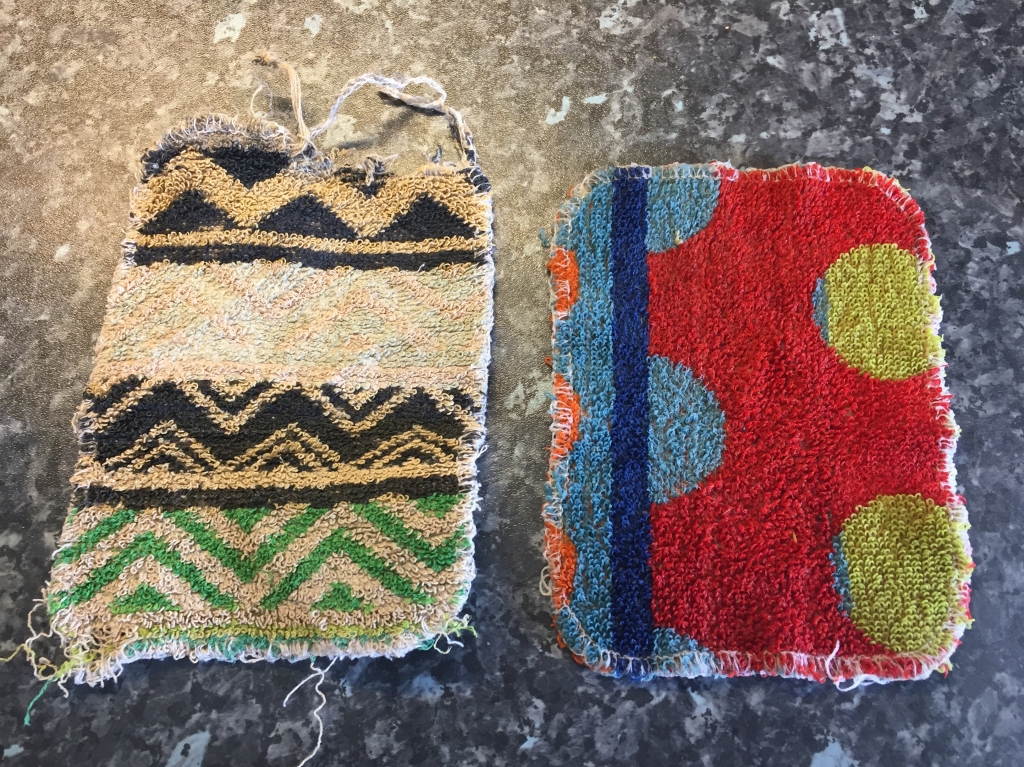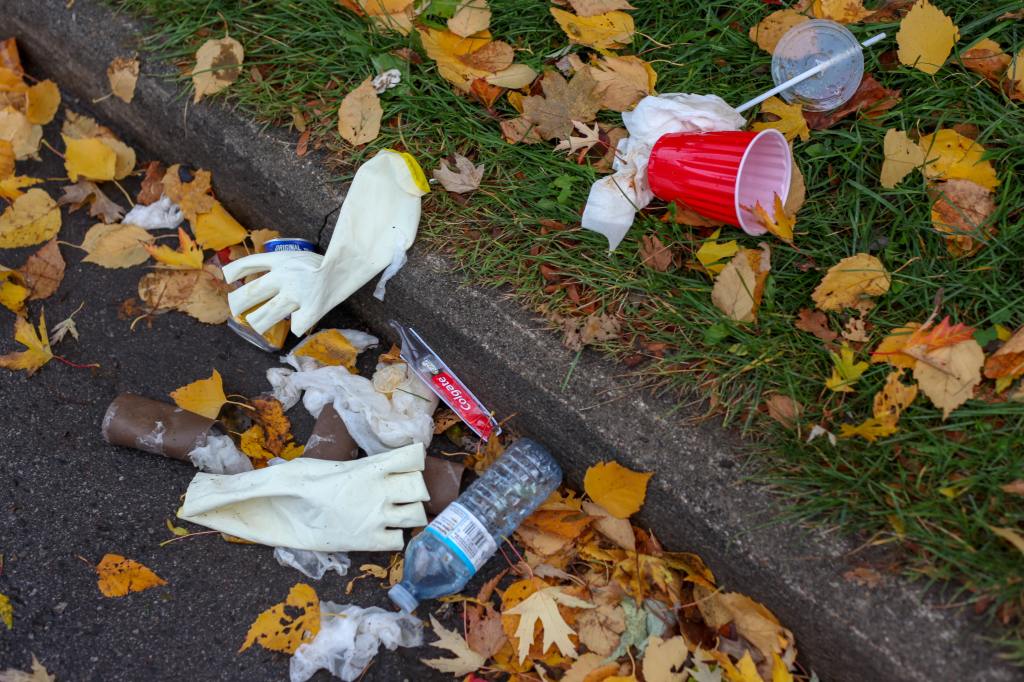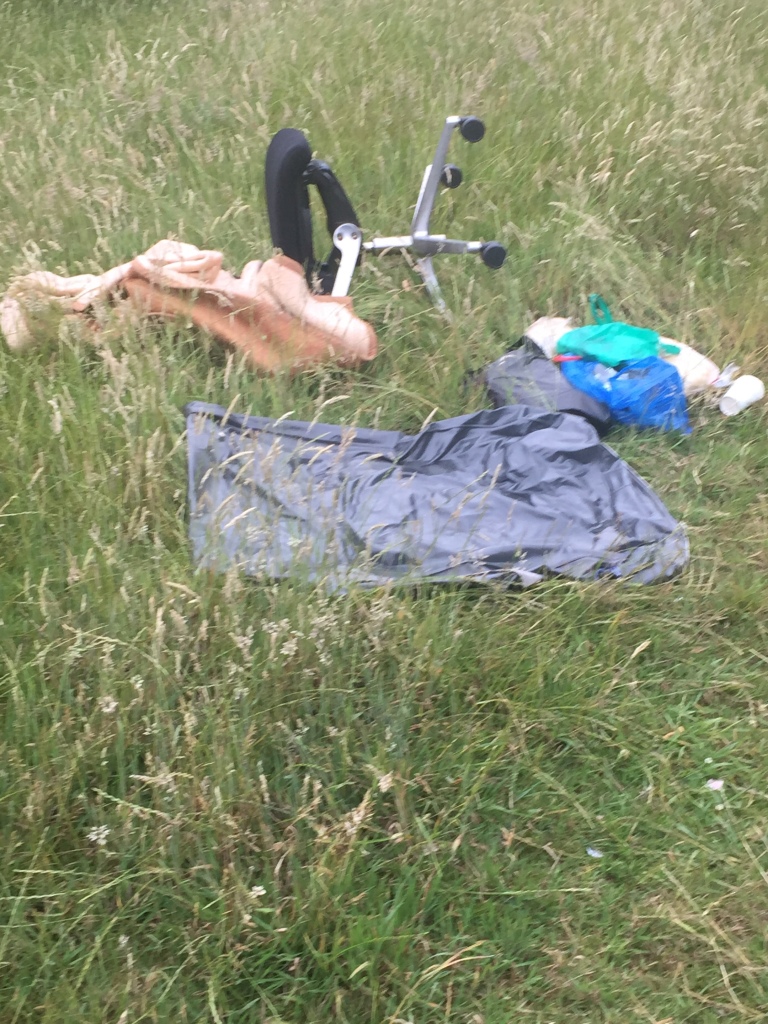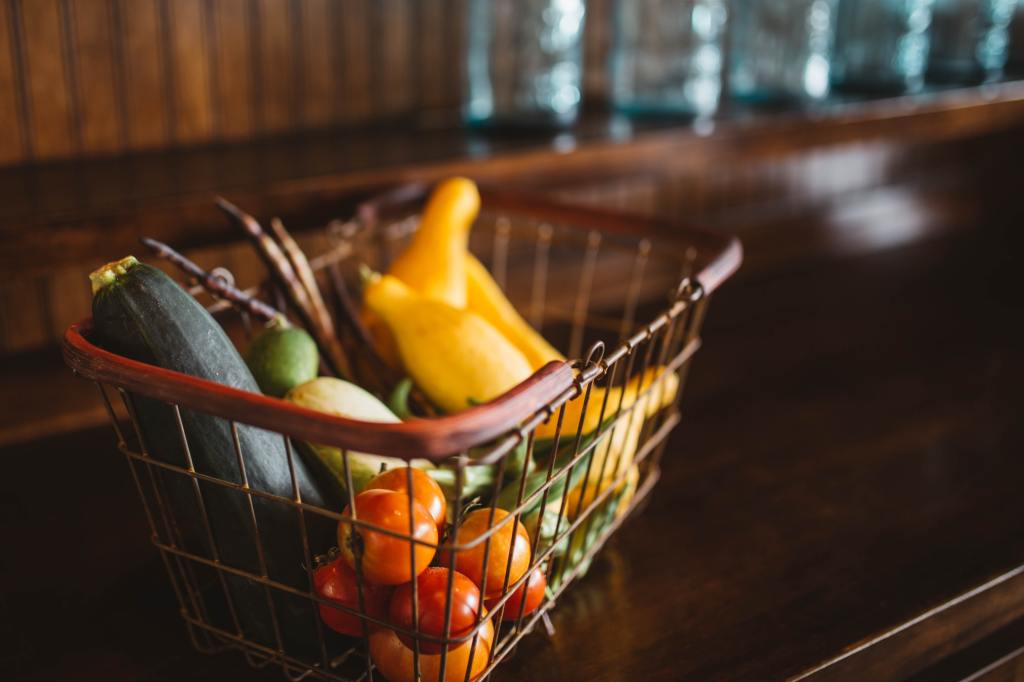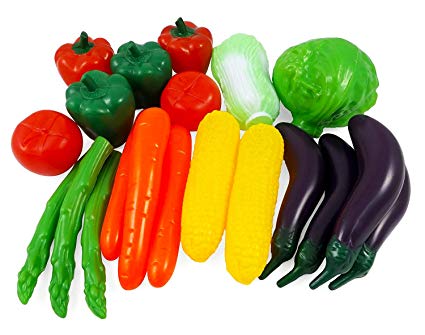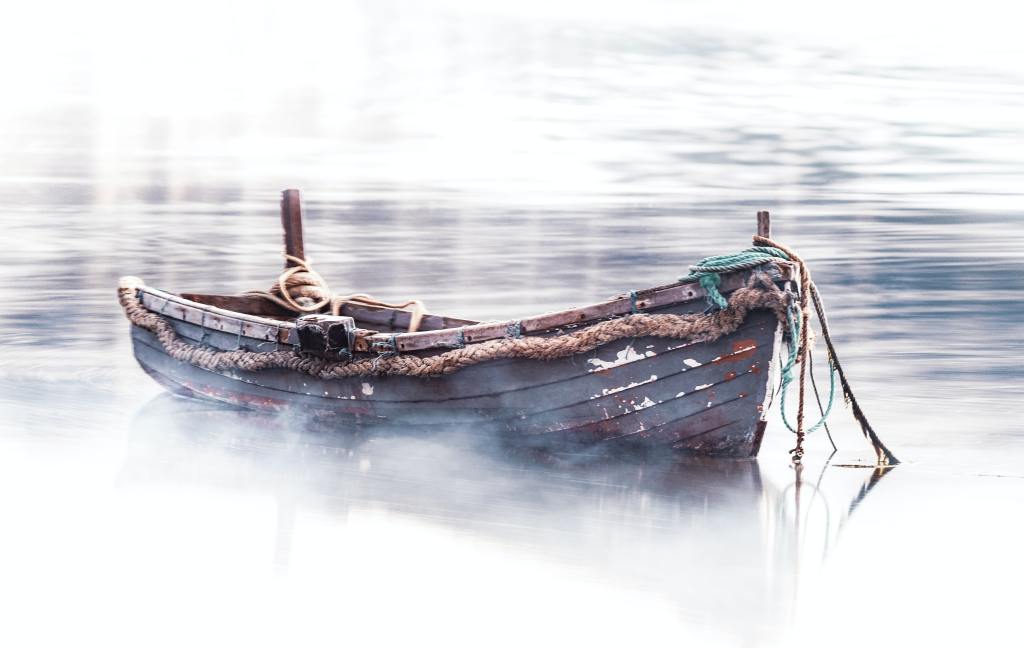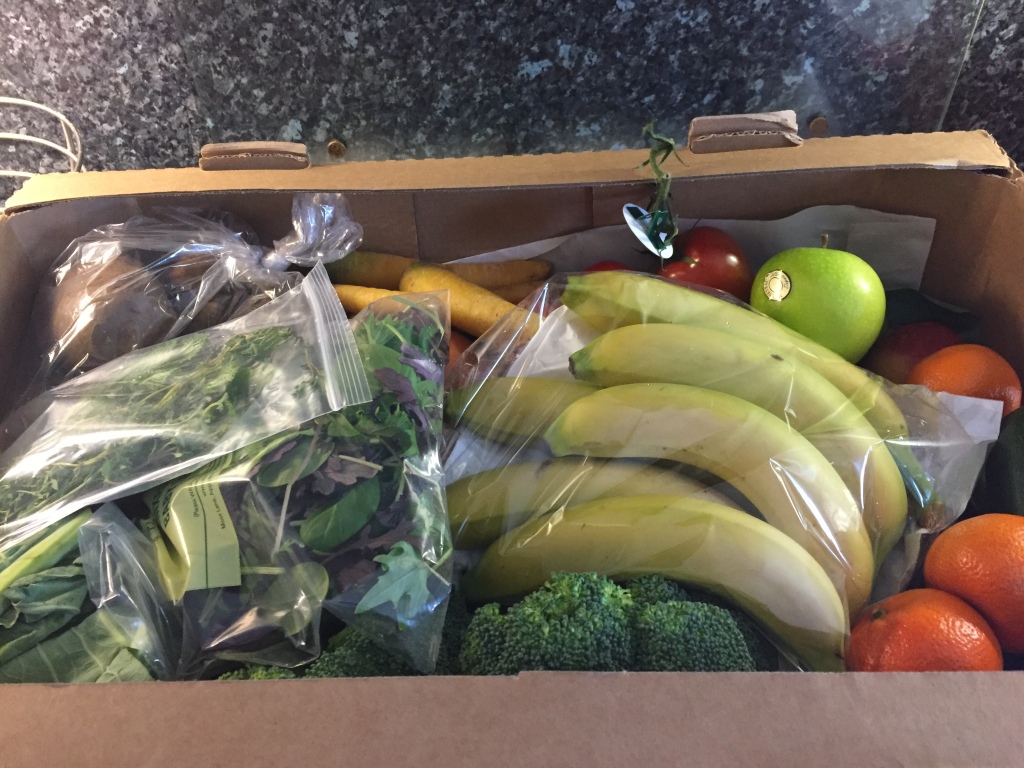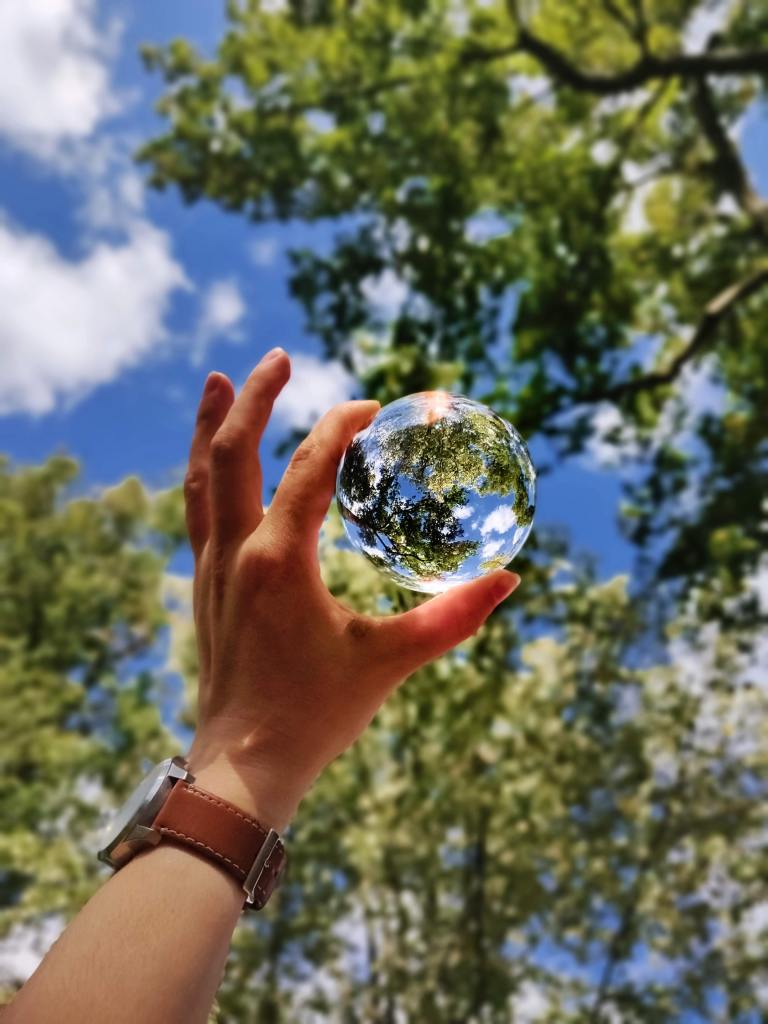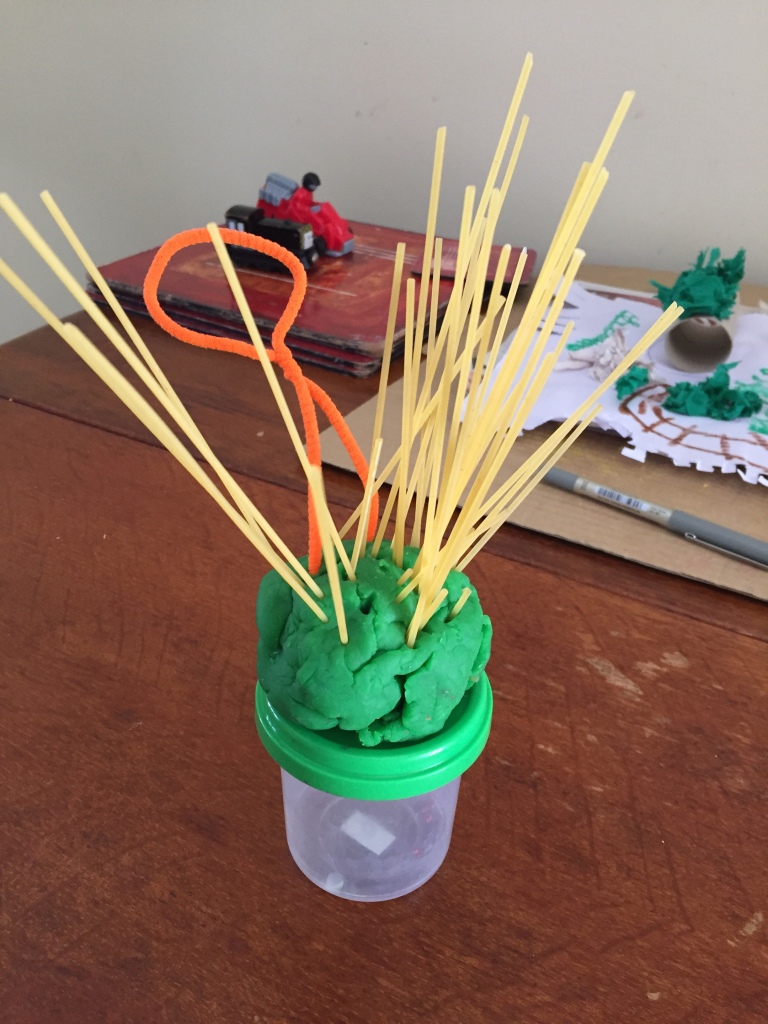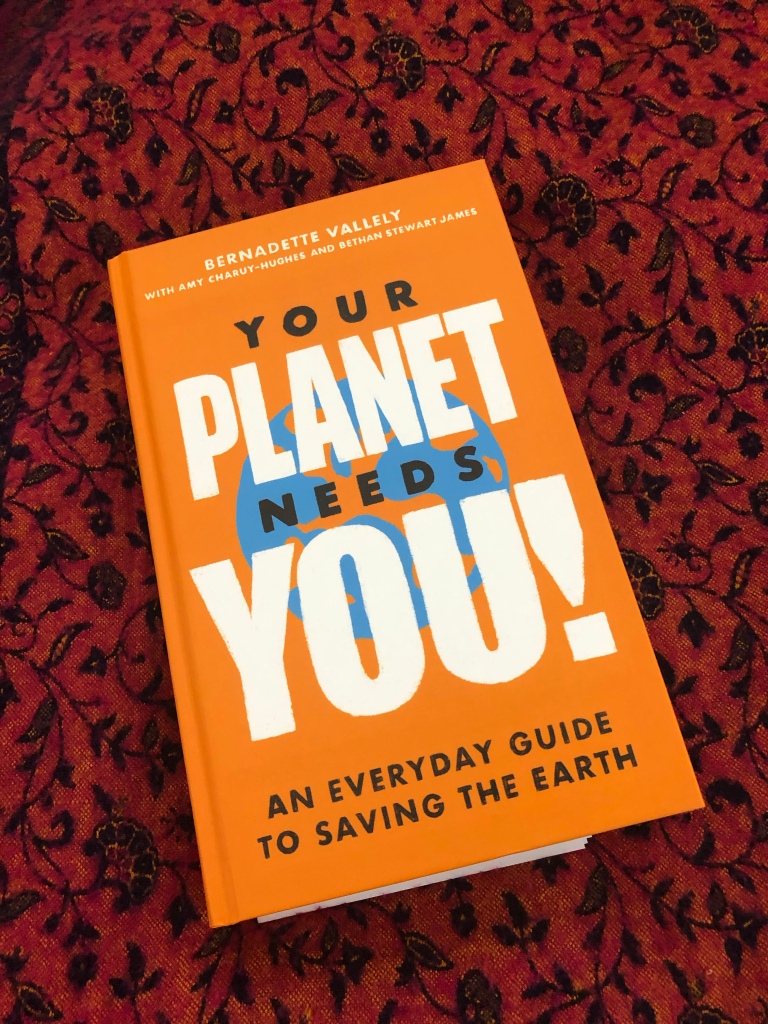
Um, well, it’s been an interesting year, hasn’t it? (There’s a little note for previously regular readers at the bottom… And hi to any new readers!)
2020. The year when we all learned to hate the phrases “new normal”, “unprecedented” and “in these strange times”. There is literally nothing new under the sun to say about the pandemic, so I’m not going to try – other than that I still think that Mother Earth has just had enough of us humans and how badly we’re trashing the planet, and that much of this crisis is of our own making as a species.
So instead in this post, I’m going to write a bit about this awesome book which I’ve very generously been given to review for you guys. It’s all about saving the planet from the crap we’ve been throwing at it for centuries. But first I want to talk a bit about new year and resolutions and books.
New Year’s Resolutions
I’m not very good at new year’s resolutions. I tend to write a massive list of about fifty, then lose focus and not stick to anything. I’m going to try harder this year to be actually focused on the things I know will improve my life – I have an accountability partner now to help me with this – and also renew my focus on sustainable living.
I mean, my aims are all pretty normal. Lose the lockdown weight (and the pre-lockdown weight…) Go for more walks. Get into less arguments on social media with strangers. Actually, just use social media less, full stop. Finish my novel. Spend less money. (I’m aiming for No Spend January – eek. We have building work to save up for, so it’s No Fun in 2021 in this house!) Read more books. But also, buy no books!
I’m a book hoarder, to the extreme. My husband humours me – there are worse flaws to have, right? I’ve cursed them each and every time I’ve moved house – quite a few times over the last 20 years – and I am absolutely not buying any more this year until I’ve worked my way through some of my unread stash.
But I have also been thinking about books a lot, recently (partly because I’m writing one – see note at the bottom if you’re interested in my creative exploits). What’s the carbon footprint of a paperback? Are e-readers better? Is second hand better? Are libraries better? So, since I spend so much time thinking about books, reading them, looking lovingly at them and refusing to part with them, I thought I should do a little research on their planetary impact.
What’s the Carbon Footprint of a Book?
Physical books are “dead tree publishing“, apparently. I hadn’t heard this phrase before, but it makes sense. They are, of course, made of dead trees. This is a great article about why carbon footprinting is difficult to calculate for books, as it will depend on the country of manufacture, the disposal method at the end of the book’s life and whether it’s made of recycled paper, among other things. Penguin estimates the carbon footprint of the average paperback to be around 2 kgCO2e per kilogram of weight.
So are e-readers better? I have got a Kindle, but I don’t really like it that much. I like the physicality of books. Various calculations exist as to how many physical books you’d have to not buy to justify the carbon footprint of your e-reader – is is 22.5? In total, or per year? What happens when the Kindle conks out? What about all the metals and minerals required to manufacture the e-reader? (And the fact that they’re horrible).
So actually, I’ve done the worse possible thing – I have bought a Kindle, and I’m not using it much, and I’m still buying books made of trees. So. The next best things, of course, are second hand books which already exist (because we know that using things that already exist is the best possible option for the planet), or the library.
But – uh – what about authors? If you buy second-hand, they won’t get a penny. Of course, the book in your hands will have been bought new initially, so the writer will have been paid something. And then you’ll pass it on, perhaps, and maybe you or another friend will buy another of that author’s books, or write them an online review, and spread the love that way. It’s a controversial issue, but I personally think used books are better than digital (don’t forget the actual download has a carbon footprint too.) Authors do get a small royalty payment when you borrow from the library too.
It’s a complex decision, and what I need to focus on is reading what what I’ve got and not buying any more books. As is typical of me, I’m setting myself a complex reading goal for next year – some contemporary fiction, some more high-brow stuff, and some non-fiction, including some books about the climate crisis. I think that the value of books in furthering human thought and awareness is a good trade-off for their environmental impact, especially when the content of the book educates us about the climate crisis and what we can do about it. Which leads me on to talk about Your Planet Needs You!
Your Planet Needs You!
This is a really remarkable book. Written by Bernadette Vallely, an environmental campaigner and author, alongside two young eco campaigners, Amy Charuy-Hughes and Bethan Stewart James. It’s a call to arms, in the race to save the planet.
The book opens with a quiz to help you assess how environmentally aware you are, then moves on to a sobering list of key species in danger. This is an important reminder to us all of the impact of humanity on the other creatures that share our planet. The book then moves on to a comprehensive A-Z of various aspects of environmentalism. It’s informative and inspiring, and full of suggestions about how we can live more sustainably. There are sections relevant to what we eat, what we wear, how we use energy and how we dispose of our waste. You can also learn more about biodiversity, including pesticides and herbicides, soil and the organic movement.
I can’t recommend this book highly enough if you want to start making some changes in your life. It would be a great guide to making some new year’s resolutions around living in a more environmentally-friendly way. The book is almost like a mini eco-bible; there’s not much you won’t find in here that’s relevant to the changes we all need to make to reduce our impact on our amazing planet. Personally, I’ve found it really inspirational, especially the collaborative approach taken by an experienced writer and campaigner and two younger writers. You can also follow the authors on Instagram and Facebook, where they’re about to launch a new year’s resolutions series of posts. There’s also a YouTube channel with a series of informative videos.
So, I heartily endorse this book, and I’m 100% sure that the carbon footprint of its production will be cancelled out multiple times by the value of its content in educating and inspiring us. If you want to buy it, please use this link, rather than Amazon (I have things to say about Amazon, I’ll come back to this another time!)
Let me know in the comments if you have any eco resolutions for 2021. Let’s hope it’s a happier one for us all.
——-
Note for regular readers : Hi if you’re still here! And thanks for the various messages and tweets encouraging me to carry on! I feel like a lot of my posts contain these promises to write more, which don’t happen, and there are of course reasons for that! I’m actually a proper writer now – people pay me and everything! And I’m also working on my own creative stuff – I had a short story published this year, in this anthology, under my fiction pen name Elizabeth Williams. And I am absolutely, totally going to finish a novel in 2021. But anyway, I love this blog, and I have 9756 ideas for posts, so I will try my best to carry on. BUT – I know about SEO now, and keywords and headings and all that, so I might try and make it all “optimized” and stuff. Please tell me if that’s annoying and inauthentic. Anyway – enough now. Books are great. Buy this book!
